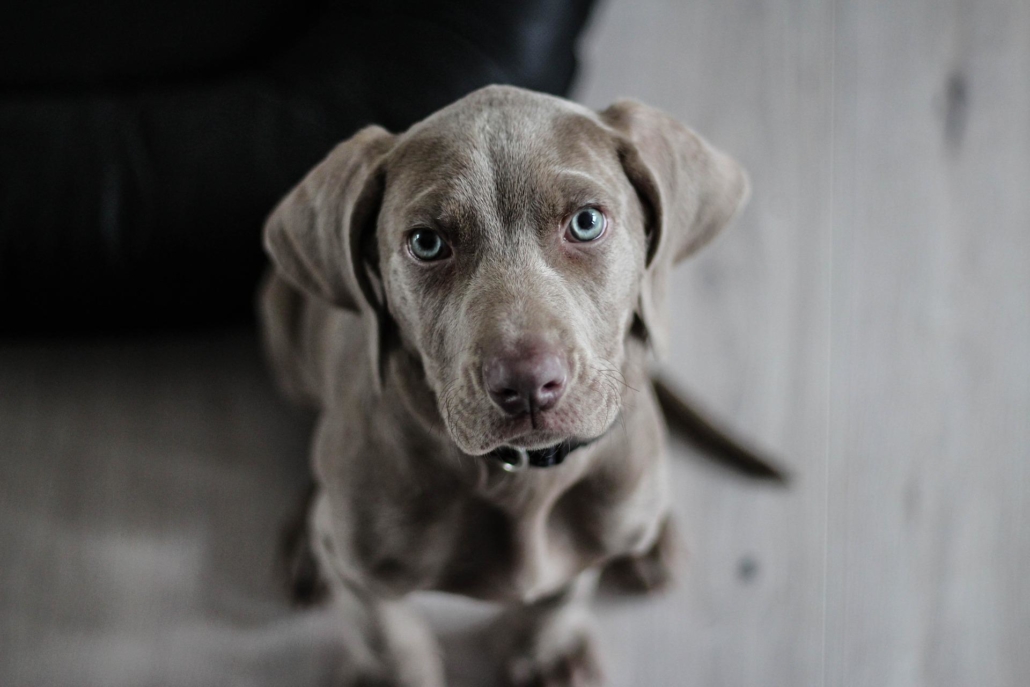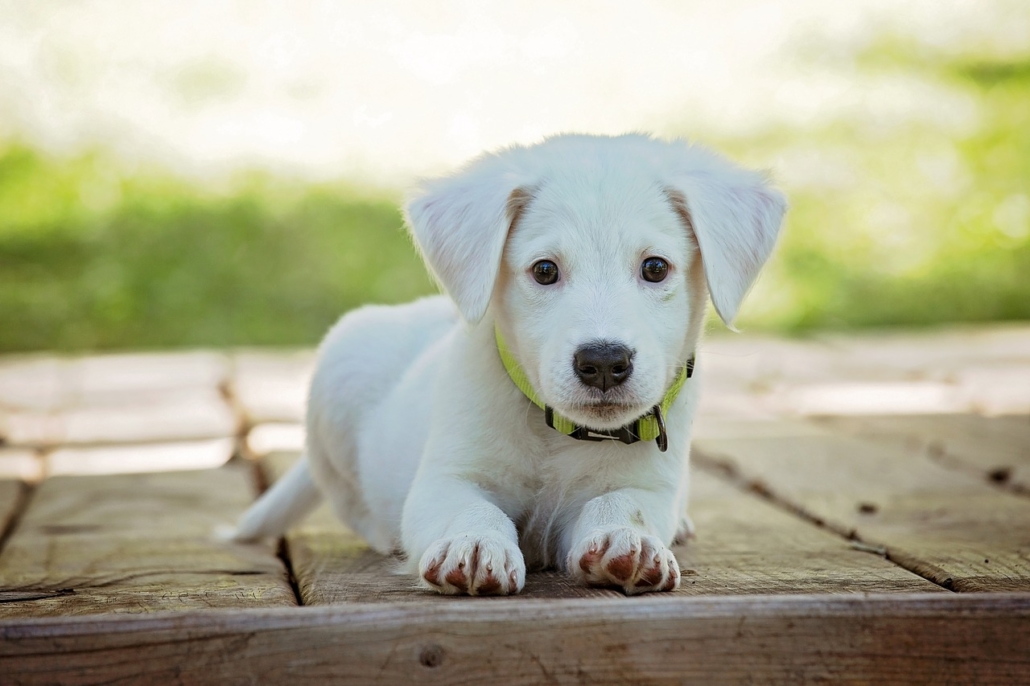No Fleas But Still Itching? Common Causes For Itchy Dog Skin
Excessive itching in your pet usually is a sign of fleas. But what to you do when your dog frequently itches himself with no fleas present? The cause may surprise you – it may be due to allergies.
Does the itching, biting or scratching affect specific areas of his body? Does it only occur in a particular season or after spending some time outside?
Even though it’s not widely known, dogs can suffer from the same kinds of allergies that humans do. The only difference is that they display their symptoms differently. Often, they show it in the form of itching. If your dog is showing signs of allergies, they won’t get better. It’s best to take your pup to the vet to figure out what treatment will be best.

Here are some examples of things to lookout for in your pet. These often point to an allergic reaction. If your dog has any combination of these, take him to the vet to get him checked out:
- Skin – Red skin, scratches and other signs of irritation are all symptoms of allergies. If particular spots smell, even after baths/showers, this is another bad sign as well.
- Feet – Dogs may choose to lick their feet and toes excessively. Redness in these areas are also a sign of seasonal allergies.
- Coat – Frequent licking of the fur where it has been discolored is a bad sign. Bald spots may even show where enough licking has occurred. Excessive rubbing on carpets and furniture occur in extreme cases.
- Ears – Look for any abnormal signs in the ears. Redness and scratching can occur here as well.
- Eyes and Muzzle – Make sure the eyes and muzzle appear normal. Any scratching here is a huge sign that allergies are affecting your dog.
Your vet will be able to determine what your dog is allergic to and create an action plan for what to do next. Sometimes it makes sense to replace toys and accessories in case they are carrying the culprit. Your dog’s diet may be a factor too. Try organic treats and dog food to see if that solves the problem. Be sure to consult your veterinarian.
Looking for weekly insights and tips to keep your best friend happy & healthy?
Look no further and sign up for our newsletter right away:


